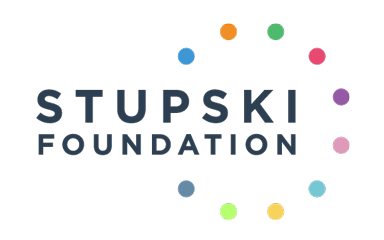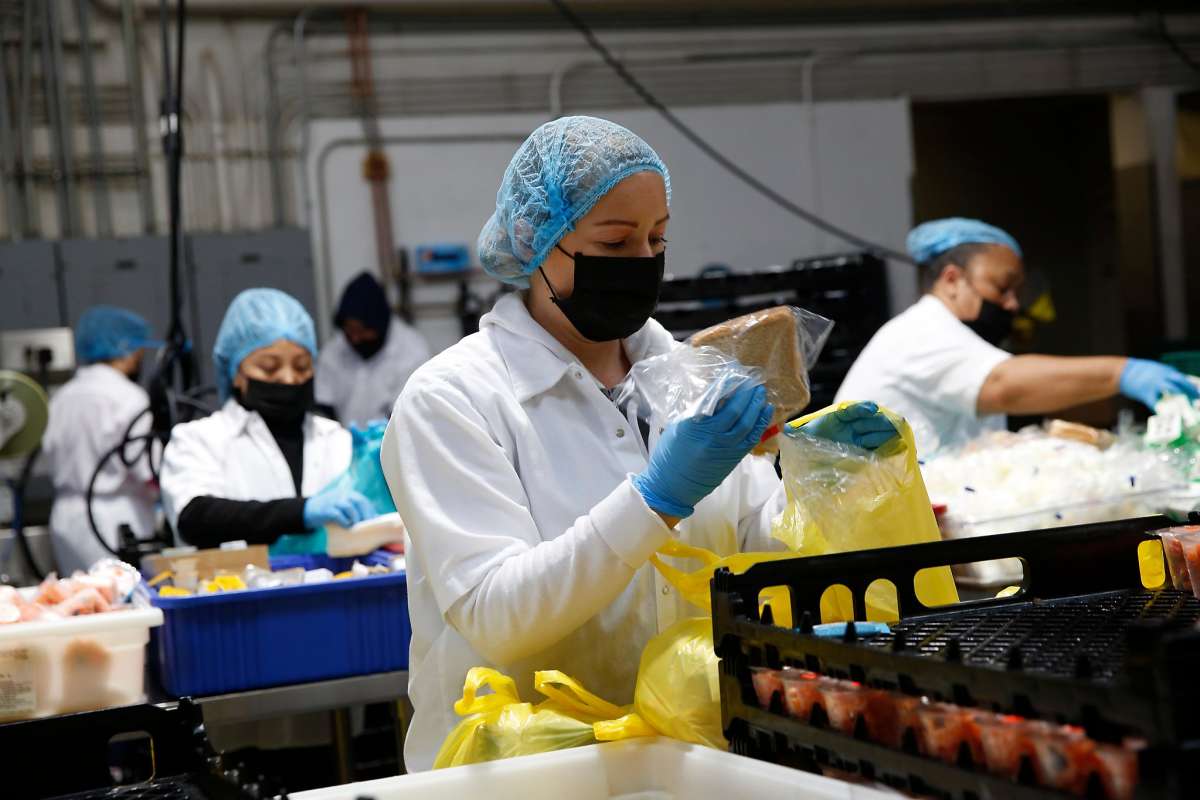Grants support telehealth, emergency grants to students, and food delivery programs
April 22, 2020
Over the past month, our grantee partners and peer funders have inspired us with their response to COVID-19. Thanks to their quick and thoughtful responses, our communities facing the greatest challenges from COVID-19 are receiving the health care, food, and educational services they need during this time. As the situation evolved since our initial $1.5 million investment in local government response efforts in mid-March, we have been in conversation with our grantee partners to understand the opportunities to meet increased demand for their critical services. Stupski has now invested an additional $6.1 million in the Bay Area and Hawaiʻi to support our grantee partners’ innovative telehealth, food access, and student support programs, bringing our total COVID-19-related grantmaking to $7.6 million.
Stupski Foundation COVID-19 Response Grants
Investing in Safe Health Care Delivery for Patients and Health Care Workers
We are honored to support our health care partners’ work to deliver care to patients living with serious illness in the Bay Area through telehealth. We’re hopeful that the latest telehealth interventions our partners are pioneering will allow some of the hardest-to-reach patients to receive care from the comfort of their homes far into the future.
To expand inpatient palliative care capacity at Highland Hospital through telemedicine.
To improve the capacity for Alameda County’s long term care facilities to respond to COVID-19 through coordination among the cohort and with public authorities and on-site and virtual technical assistance from volunteer physicians.
To increase telehealth capacity in response to COVID-19.
To set up a mobile clinic serving seniors living in single-room occupancy buildings in Chinatown as part of a broader COVID-19 response strategy.
To prevent unnecessary suffering and death as a result of an outbreak of COVID-19 affecting immunocompromised patients in the Rapid Response Case Management program.
To support increased demand placed on the Friendship Line program, a program that connects isolated older adults to a care and counseling hotline.
To enable virtual family meetings and goals of care conversations and improve patients’ informed decision making about their end-of-life choices across all Sutter Health inpatient and ambulatory settings.
To support COVID-19 response activities, specifically the buildout of telemedicine capabilities.
To provide communication skills training and support virtually for Bay Area clinicians, particularly those in underserved areas, in response to the COVID-19 crisis.
In addition to these grants, we are proud to partner with University of California, San Francisco to purchase iPads that will increase telehealth capacity in their ICU and inpatient settings in response to COVID-19.
Investing in Food Access
To address the escalating food assistance needs across our communities in the Bay Area and Hawaiʻi, we are supporting community-based organizations on the front lines. These community organizations are leading several food security efforts including CalFresh eligible grocery pickup, meal production and distribution for older adults, providing protective safety equipment to volunteers and front line staff, and more. Stupski is committed to supporting our community partners and promoting food security during the pandemic and beyond.
To support the ALL In Alameda project’s Eden Area COVID-19 Emergency Food Access Response. ALL In Alameda is a project of the Alameda County Deputy Sheriffs Activities League.
To support the API Council project’s COVID-19 Emergency Fund. API Council is a project of the Community Youth Center of San Francisco.
To provide general operating support.
To support emergency production and distribution of meals.
To support the Community Foods project’s COVID-19 responses for the West Oakland community. Community Foods Market is a project of Market Skills, Inc.
To support the Heart of the City Farmer’s Market, a project of Matter of Trust.
To support emergency food security programs in the Kalihi Valley.
To provide general operating support.
To provide general operating support.
To provide general operating support.
To provide general operating support.
To build out a pandemic electronic benefit transfer (P-EBT) platform.
To mobilize emergency food production and distribution in Oakland.
To provide general operating support.
To provide general operating support.
We also thank California Food Policy Advocates for recently leading a Food Policy Virtual Town Hall to discuss the changes to and challenges for food assistance programs in California due to COVID-19. Read key takeaways from the town hall on federal food assistance policies and state policies for Californians here. You can access the full recording here and the presentation deck here.
Investing in Students
Our education partners are working to ensure the equitable distribution of support grants and laptops so that the students who experience the greatest hardships receive assistance first. We are encouraged by the potential that programs like emergency financial grants to students can have to ensure the students facing the greatest challenges have reliable food and housing throughout their college careers. Stupski is committed to learning from and supporting our community partners and promoting long-term changes, such as more robust technological infrastructure and microgrant programs, during the pandemic and beyond.
To provide financial assistance to thousands of low-income college students across California.
To support a rapid response pool of funds for vulnerable students and families at the University of Hawaiʻi.
This grant was made to the Peralta Colleges Foundation in support of Laney Community College to provide emergency cash grants and laptop purchases for students.
To provide emergency cash grants and laptop purchases for students.
To provide emergency cash grants for students.
To purchase distance learning technology for low-income students.
To support a rapid response pool of funds for low-income students and families.
To support the purchase of Chromebooks and hotspots for low-income students.
We are also struck by our grantee partners’ innovation, flexibility, and adaptability. Through organizational sponsorships, organizations such as UAspire, the Center for Education Partnerships, and the San Francisco Achievers have been able to convert their advising services to an online setting and continue serving students in the Bay Area. In addition, organizations such as LeadersUp and Braven have been able to develop programming that explores ways in which our most impacted students are able to navigate a challenging economic climate.
Additional Response Grants
In addition, we supported the following organizations that will provide a range of supportive services in response to COVID-19, including grants to immigrants, food delivery programs, sanitary stations, hotlines for seniors, PPE for frontline service providers, and services for youth experiencing homelessness.
To support the California Immigration Resilience Fund that was established to provide financial support to Californians without documentation who are facing extreme financial hardship as a result of COVID-19.
To support the Hayward Relief Fund that was created to support residents facing financial hardship due to COVID-19 and to provide free COVID-19 testing sites and small-business loans.
To provide general operating support.
To increase civic participation within underrepresented communities.
Initial $1.5 Million Investments
The Give2SF Fund supports COVID-19 response efforts including providing shelter, food, and other assistance to individuals, families, small businesses, and nonprofits in San Francisco.
The Oakland Fund for Public Innovation’s COVID-19 Relief Fund supports COVID-19 response efforts for Oakland’s seniors, children, people experiencing homelessness, first responders, and local businesses.
The Hawaiʻi Resilience Fund supports efforts to expand regional test sites and screenings and self-quarantine measures, such as home visits and distribution of food supplies to populations disproportionately impacted by the outbreak.
Advocating for our Communities
To further our grantee partners’ efforts, we joined our philanthropic peers to advocate for the following calls for greater transparency and equitable distribution of relief funds and support for our immigrant communities, especially Asian Americans and Pacific Islanders. Click on the links below if you are interested in learning more and supporting these efforts.
- Letter to Governor Gavin Newsom encouraging the state to take action to prioritize supporting California’s immigrant community.
- An Open Letter From Nonprofits to the Financial Industry to call on the Small Business Administration to prioritize supporting nonprofits and small businesses to ensure the equitable distribution of relief loans.
- An Open Letter from Nonprofits to the Small Business Administration to release data about relief funding allocation between for-profit and nonprofit organizations.
- Sustainable Agriculture and Food Systems Funders’ letter to call on the United States Department of Agriculture to ensure that farmers and producers receive direct financial assistance through the Coronavirus Aid, Relief, and. Economic Security Act.
- Open letter to philanthropy to end violence and racism against Asian American and Pacific Islanders.
- Council on Foundations’ pledge with over 600 foundations to support our nonprofit partners by increasing financial support and relaxing grant and budget requirements.
Changes to Our Grantmaking
We’ve committed to quick response times and equitably distributing resources to the members of our communities who face the greatest challenges from COVID-19. Our team has prioritized speaking with community leaders to understand what actions they wanted to see us take to support their work. On average, we have responded to and approved grant requests within four days. Additionally, a significant number of these grants provide general operating or flexible support. Reporting on these grants is intentionally minimal and flexible with verbal check-ins focused on key insights and lessons learned.
We were encouraged by the steps our peer funders immediately took to connect with their community partners and support them through this time. As we continue to learn how best to respond, we commit to help reimagine how our collective responsiveness to this immediate crisis should change how we operate in philanthropy in the long term.
As lawmakers consider ways to safely reopen businesses, schools, and hospitals in the coming months, we will stay attuned to additional ways we can support our grantee partners. We also commit to collaborating with our peer funders to continue to advocate with our partners and provide coordinated support to our communities.
Our grantee partners are rising to meet the unprecedented challenges of this time by identifying what our communities need to stay safe, healthy and connected; creating innovative solutions; and making rapid operational shifts to deliver critical services at soaring levels of demand. With this situation requiring us all to navigate the world differently, we are hopeful that some of the shifts and innovative solutions our partners are putting in place will result in long-term change to address systemic inequities in access to health care, food, and education.


